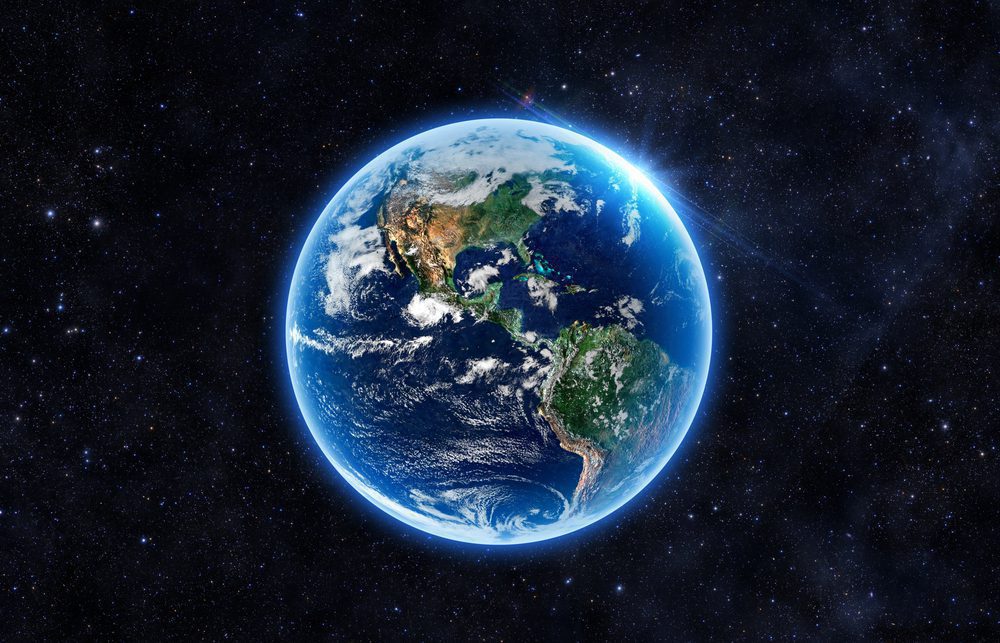Earth has been a witness to extraordinary transformations throughout its 4.5-billion-year history. Five mass extinction events have dramatically reshaped the planet’s biological landscape, with each catastrophic event clearing the way for new forms of life to emerge and thrive.
The most recent mass extinction, which occurred approximately 65 million years ago, famously ended the reign of dinosaurs and paved the way for mammalian dominance. Today, scientists warn that humanity might be orchestrating the sixth mass extinction through unprecedented environmental disruption.
The human impact on global biodiversity
Our species’ relationship with the planet has been profoundly destructive. Habitat destruction, climate change, and relentless resource extraction have pushed numerous species to the brink of extinction. Recent scientific studies paint a stark picture: we could lose up to 50% of all species by 2080 if current environmental trends continue.
This potential ecological collapse is not just a threat to wildlife—it represents an existential risk to human civilization itself. The intricate web of life that sustains our planet is unraveling at an alarming rate, forcing scientists and philosophers to contemplate a critical question: Who might inherit the Earth after humans?
The unexpected evolutionary frontrunners
Among the most intriguing potential successors are octopuses, a species that challenges our conventional understanding of intelligence and adaptability. Biologists like Tim Coulson from the University of Oxford suggest that these extraordinary marine creatures possess unique characteristics that could position them as prime candidates for planetary inheritance.
Octopuses demonstrate remarkable cognitive abilities that set them apart from other marine life. They have been observed using tools, solving complex problems, and exhibiting remarkable spatial awareness. Their distributed nervous system, with a significant portion of their neural networks located in their arms, represents a fundamentally different approach to intelligence compared to vertebrate species.
The unique intelligence of cephalopods
Unlike human intelligence, which relies heavily on social structures and cultural transmission, octopus intelligence operates more like a sophisticated, decentralized processing system. Each arm can potentially operate semi-independently, making their cognitive capabilities fundamentally different from our own.
Their ability to change color and texture for camouflage, manipulate objects with incredible precision, and adapt to diverse marine environments suggests a level of evolutionary potential that could prove advantageous in a rapidly changing world.
Challenges to octopus civilization
Despite their fascinating potential, octopuses face significant barriers to becoming a dominant species. Their solitary nature and tendency towards cannibalism would require substantial evolutionary shifts to develop complex social structures.
The environmental challenges that threaten human existence—ocean acidification, pollution, and climate change—would also pose considerable risks to octopus populations. Their survival would depend on remarkable adaptive capabilities and potentially significant evolutionary transformations.
Alternative planetary inheritors
While octopuses represent a compelling possibility, they are not the only potential successors. Scientists and philosophers propose various alternative scenarios involving different species.
Nematodes, microscopic roundworms known for their incredible resilience, could potentially thrive in extreme conditions. Some researchers suggest that certain bird species, particularly intelligent corvids like ravens and cockatoos, might develop more complex cognitive abilities in the absence of human competition.
The role of environmental conservation
The future of life on Earth is not predetermined. Our current actions will significantly influence which species survive and potentially dominate in the coming centuries. By addressing climate change, protecting biodiversity, and implementing sustainable practices, we can help create a more balanced ecosystem.
Conservation efforts are not just about preserving individual species but maintaining the intricate ecological networks that support life’s diversity. Each species plays a crucial role in maintaining planetary balance, and the loss of even a single species can trigger cascading environmental changes.
A philosophical perspective on planetary evolution
Beyond scientific speculation, the question of life after humans invites profound philosophical contemplation. Our potential extinction would represent more than a biological transition—it would be a fundamental shift in planetary consciousness.
Whatever species might rise to prominence will inherit a world dramatically transformed by human activity. The next dominant life form will navigate an environment shaped by our technological footprint, environmental disruption, and complex ecological interactions.
Uncertain but hopeful horizons
The future remains an open narrative. While scientific predictions offer fascinating insights, they also remind us of our responsibility to the planet. Our choices today will determine not just human survival, but the potential for future life to flourish.
As we stand at this critical juncture, we are both witnesses and potential architects of Earth’s next great evolutionary chapter. The story of life on our planet continues to unfold, with humanity playing just one chapter in an epic, ongoing narrative of planetary transformation.











